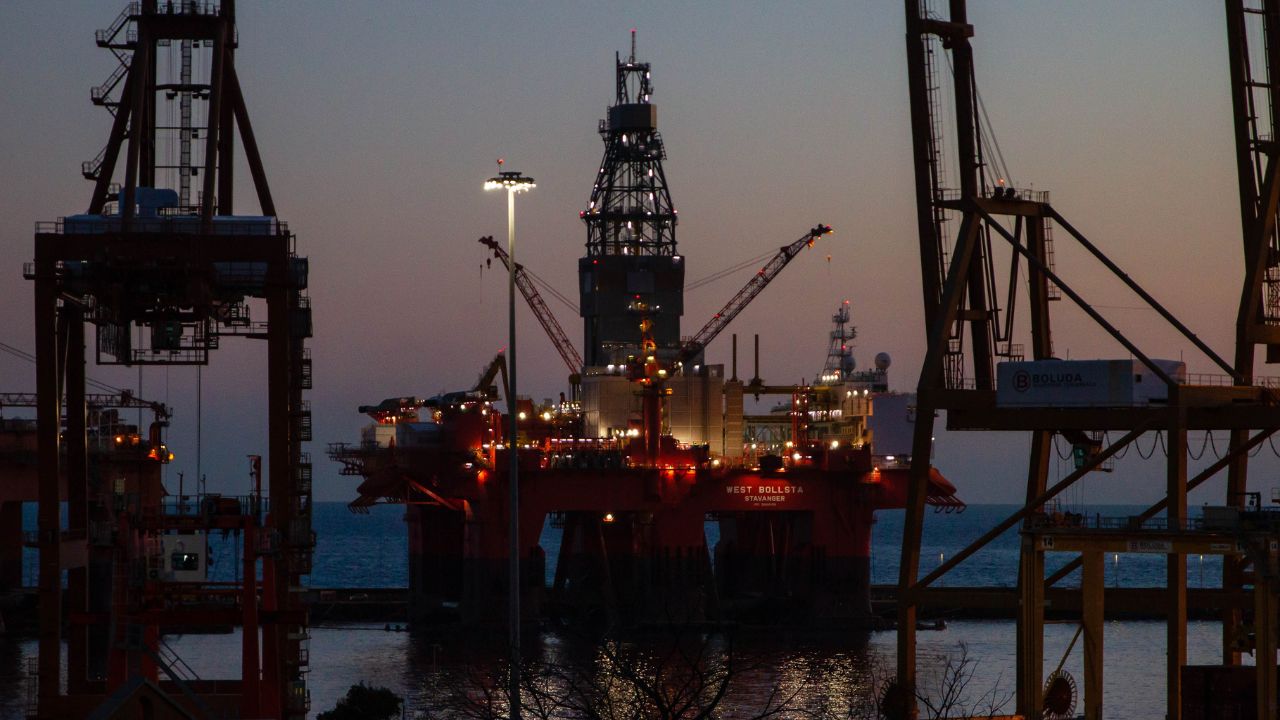London-based net zero intelligence startup Faradai has taken on $2.4 million in pre-series A funds from investors led by Switzerland's Sangha Capital and Edenbase from the UK.
Faradai's product uses IoT devices to generate energy intelligence data across large and complex organisations, allowing companies to monitor investment returns as they work to implement processes that produce less carbon. The founders — Sahin Caglayan, Burak Sefer and Utku Simitli — say AI is the new electricity, and sustainability the new digital.
"Many organisations have committed to net zero targets, with many others seriously looking at how they can improve the sustainability of their business and operations.
"However, setting targets is only the first step. Constructing a credible and achievable plan for monitoring, reducing, or eliminating Scope 1, 2 and 3 emissions is a huge challenge for even the largest organisations," says Caglayan, Sefer and Simitli,
"With Faradai's real-time AI-powered prediction engine and IoT-powered data acquisition capabilities, Faradai provides science-based methodologies to define an actionable pathway of decarbonisation activities and achieve its customers’ net zero ambitions.’’
Bill Tai (an early-stage backer of Zoom and design software portal Canva) participated through his Silicon Valley fund, ACTAI Ventures.
Also participating were UK-based proptech fund Goldacre and Singapore-based fund EthAum Ventures, professional investors from Goldman Sachs UK, and angel backers investing from UAE, Turkey and India.
Faradai got its break as a Turkish academy spin-off in 2017 before quickly raising an initial contribution from US impact VC Capria Ventures. It's been granted R&D funding multiple times through the EU's Horizon 2020 and FP7 innovation programmes, and now employs 80 staff across five country offices (London, Singapore, Istanbul, Dubai and Madrid.) with 18,000 data gathering sites helping to collect, store, analyse and report energy intelligence.
The platform, comprising two products focused on energy bookkeeping and sustainability, pulls up data from across whole organisations and their IoT networks, not just on the environment but also standard operational and financial data, to inform better decision-making on net zero goals. Last year, companies used Faradai to monitor more than 55 million tonnes of carbon emissions.



Would you like to write the first comment?
Login to post comments